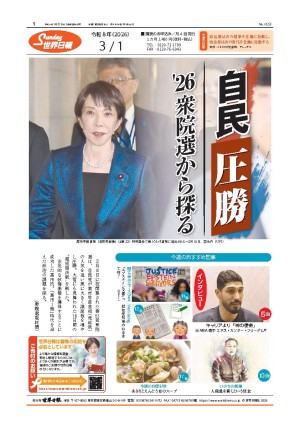Average citizens can be much better than CIA at forecasting world events, study finds 普通の市民がCIAより高い精度で世界を予測-調査
Average citizens can be much better than CIA at forecasting world events, study finds
A small group of psychologists working with the intelligence community set out to see if the average person could predict world events better than experts with inside information. It turns out, they often can - and they’re now known as superforecasters.
...【全文を読む】







